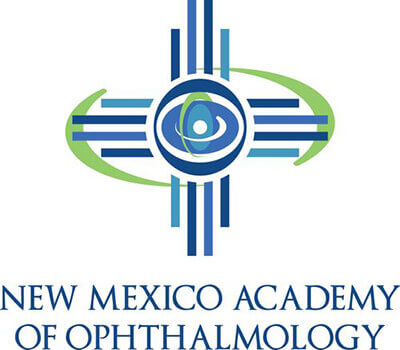Glaucoma does discriminate: What you need to know to protect yourself

Published in the Albuquerque Journal on January 5, 2021

Glaucoma is one of the leading causes of vision loss, affecting about 3 million people in the United States.
But this potentially blinding eye disease does not affect all people equally. During Glaucoma Awareness Month in January, the New Mexico Academy of Ophthalmology and the American Academy of Ophthalmology are urging people to be screened, especially if you are at an increased risk of glaucoma.
Who is at risk?
Black Americans are 6-to-8 times more likely to get glaucoma than white Americans. Blindness from glaucoma is 6-to-8 times more common in Black Americans than white Americans.
People with diabetes are two times more likely to get glaucoma than people without diabetes.
Hispanic Americans face an increased risk comparable to Black Americans, but the disease may also progress faster as they age, compared with other ethnic groups.
Asians are at an increased risk for the less common types of glaucoma: angle-closure glaucoma and normal-tension glaucoma.
Also at risk are people over age 40, those who are severely nearsighted and those who have a family history of glaucoma.
What is glaucoma?
Glaucoma is a group of diseases that damages the eye’s optic nerve. The optic nerve transmits visual information to the brain, allowing us to see. Because glaucoma often progresses slowly, affecting just peripheral or side vision, people with glaucoma can lose most of their vision before they even experience any symptoms.
Central vision — the vision used to read, drive or watch TV — is often unaffected until the disease is advanced.
“Screening can be done at a routine visit with your eye doctor and involves a few simple tests, examination, and thorough clinical history,” said Dr. Rachel Davis, associate professor of ophthalmology and glaucoma specialist at the University of New Mexico. “When glaucoma is caught early, it can be more easily treated and significant vision loss may be avoided.
“However, once the disease has progressed and the vision compromised, the damage to the optic nerve cannot be repaired and often more aggressive treatment is needed to try to save the remaining vision. Glaucoma treatment involves eye drops, office-based laser surgery, and sometimes incisional eye surgery. Fortunately, most people with glaucoma do not go blind from it. However, those who are diagnosed late are much more likely to lose vision.”
For more information about eye health and how to protect your eyes, visit the American Academy of Ophthalmology’s EyeSmart at aao.org/eyehealth or visit the New Mexico Academy of Ophthalmology at nmao.org.
